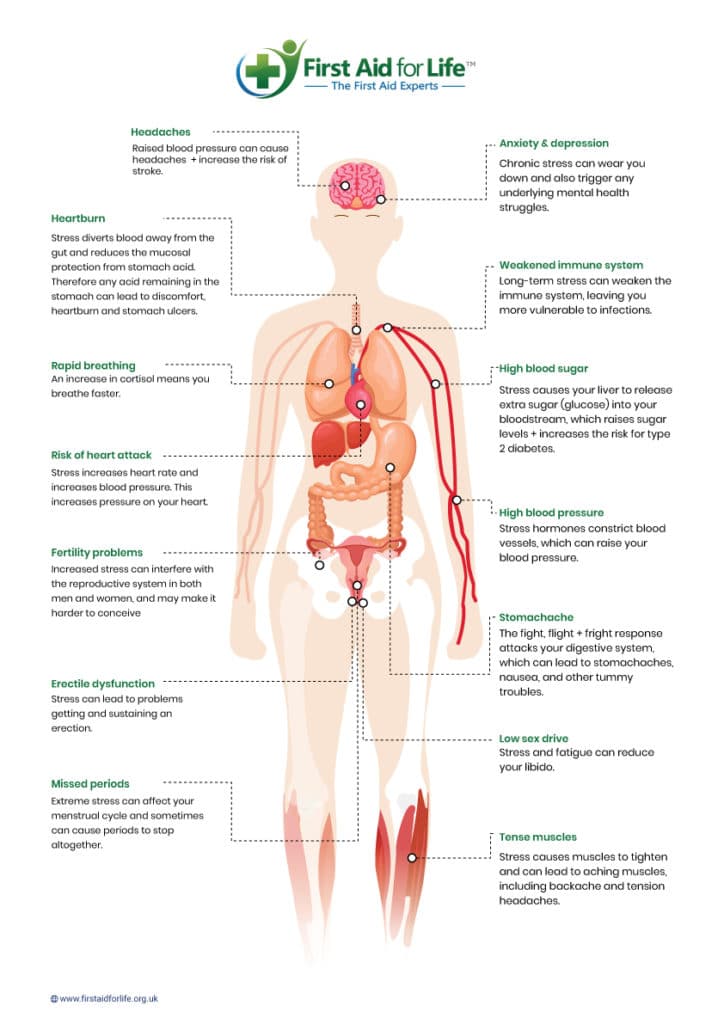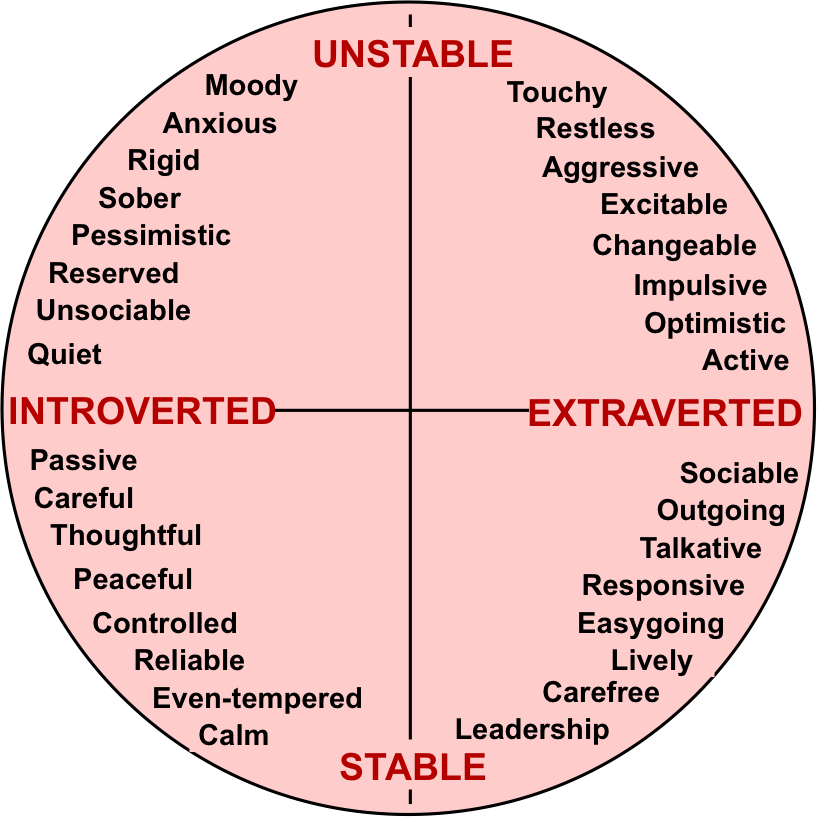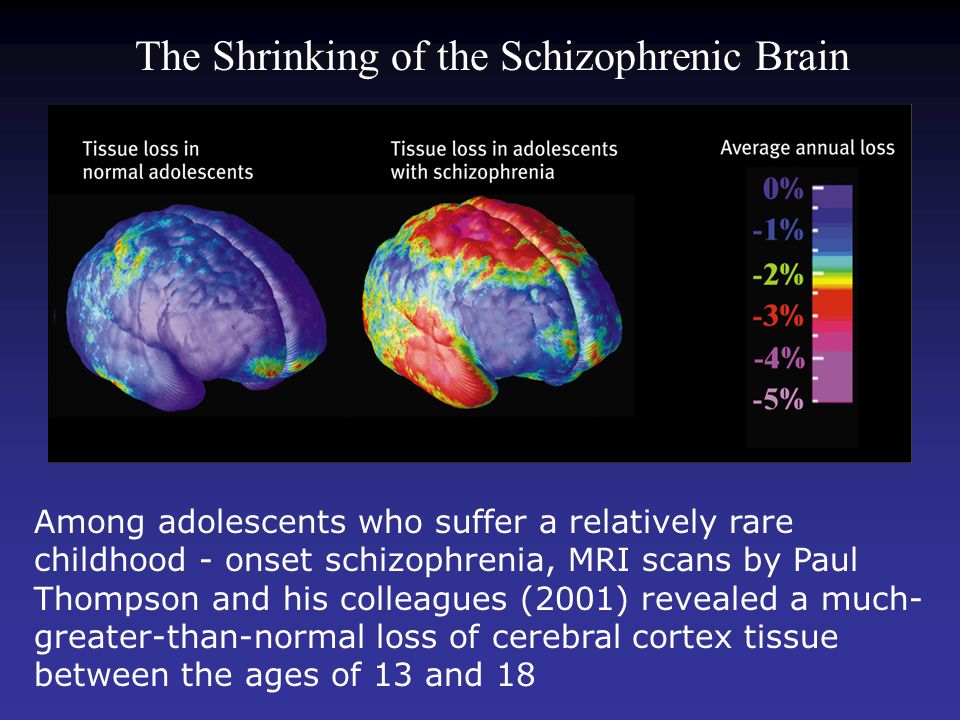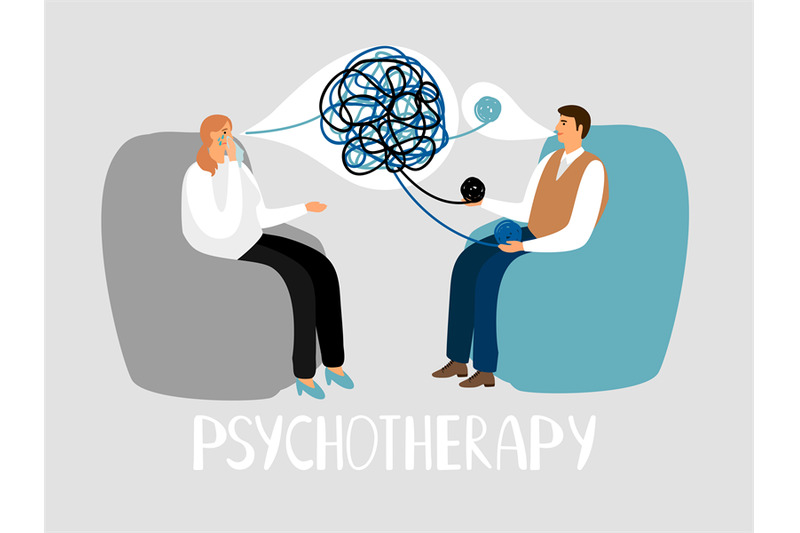Can sex reduce stress
10 Health Benefits of Sex
Reviewed by our clinical team
Let’s talk about sex, baby… Not only is it fun and makes us feel great, but it also turns out sex can boost our health.
With many of us leading hectic lives, intimate time with our partner can be few and far between. Daily stresses centred on work, family and limited free time means we often put sex on the back burner. But perhaps if more of us knew of the fantastic health benefits to having sex, we’d prioritise it.
Like running or going to the gym, sex is an aerobic form of exercise that unleashes a dose of the body’s feel-good hormone serotonin – except this workout is much more enjoyable than 30 minutes on a treadmill.
Not only can sex help to improve our relationships, but science shows us that it can help to keep us healthy in both the emotional and physical sense too.
Here are some of the health benefits that come from heading to the bedroom, besides putting a smile on your face.
Sex is good for the heart
Around 30 minutes in the bedroom increases your pulse rate and helps keep your ticker fighting fit.
This is because sex is a good form of exercise: on average, men burn 4.2 calories per minute during sex, and women burn 3.1 calories per minute.
Sex reduces stress
Sex can help you to relax, and take your mind off everyday worries and anxieties.
During sex your body releases endorphins and oxytocin, and these feel-good hormones create feelings of relaxation and intimacy, as well as helping to stave off anxiety and depression.
Sex could stop us getting sick
One study in Pennsylvania found that weekly love-making aids the body’s production of immunoglobulin A.
This is an antibody that strengthens our immune systems, therefore helping us to ward off disease.
However, more research is needed to work out whether sex really could stop us getting sick.
Sex stops us getting headaches
Although headaches and migraines are often used as an excuse not to head under the covers, orgasms actually provide a quick rush of blood to the head that keeps those brain aches away.
In study of people who were complaining of migraines or cluster headaches, 60% reported relief after sexual activity.
Sex helps you sleep
Women often complain about their partners nodding off after intercourse, but science is actually on men’s sides.
Oxytocin, a hormone that promotes relaxation, is released by both sexes when they get passionate, research has found.
Sex improves fertility
Experts have shown that frequent ejaculation reduces damage to sperm. They think that this happens because the longer sperm stays in the testes, the more chance there is of its DNA becoming damaged.
Sex makes our brains sharper
A study from the University of Pavia in Italy found that regular sex encourages new nerve growth, which in turn makes us more alert.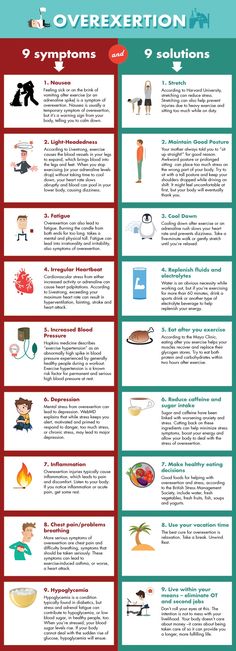 This is particularly so during the early stages of a relationship.
This is particularly so during the early stages of a relationship.
Sex prevents incontinence
Having sex is great exercise for women’s pelvic floor muscles.
They’re the ones that, among other things, help to control the flow of urine, so the stronger they are, the less likely it is you will become incontinent in later life.
Sex improves wellbeing
Like meditation, sex gives us a good, all-round feeling of being healthy and happy.
Sex makes you happier
Endorphins are hormones which are naturally released during sex. They are known to improve your mood, thereby boosting your happiness levels, and helping you to stay emotionally healthy.
Remember that good sex – and good sexual health – should be an all year-round practice. Remember to use contraception and that LloydsPharmacy Online Doctor provides discreet, reliable home STI kits for when you need peace of mind.
References
https://journals.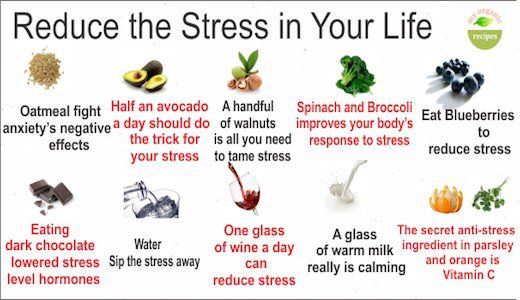 plos.org/plosone/article?id=10.1371/journal.pone.0079342
plos.org/plosone/article?id=10.1371/journal.pone.0079342
https://www.newscientist.com/article/mg16221820-800-can-regular-sex-ward-off-colds-and-flu/
https://pubmed.ncbi.nlm.nih.gov/23430983/
https://www.healthline.com/health/healthy-sex/does-sex-help-migraines
https://www.sciencedaily.com/releases/2009/06/090630075311.htm
https://www.telegraph.co.uk/health-fitness/body/surprising-health-benefits-having-sex/
7 Healthy Reasons Sex Is Good for You
As if the big 'O' wasn't reason enough to get busy, sex has many other benefits that just might surprise you.
By Madeline R. Vann, MPHMedically Reviewed by Justin Laube, MD
Reviewed:
Medically Reviewed
Getting cozy can keep you calm and reduce risk of disease.Getty ImagesWant to clear your complexion, boost your mood, and cut your risk of cancer, heart disease, and other health hazards? No, the answer isn’t in a magic pill — it’s between your sheets. That’s right: A little loving can boost your overall health in many surprising ways.
That’s right: A little loving can boost your overall health in many surprising ways.
“There have been lots of studies describing the health benefits of sex,” says Sandra L. Caron, PhD, sex therapist and professor of family relations and human sexuality at the University of Maine’s College of Education and Human Development in Orono. “Most of them relate to achieving orgasm. Nobody says you have to be with someone to do that.”
RELATED: Healthy Sex: The Ultimate Guide
That’s an intriguing sex tip for people who do not have a committed partner: Self-pleasuring can offer sex benefits, especially those specifically related to having a good orgasm.
So whether you’re coupled up or flying solo, check out this list of healthy side effects of regular sex:
1. Improved Heart Health — Yes, Sex Is Exercise
Just like any physical activity, healthy sex is good for your heart. A study published in January 2015 in the American Journal of Cardiology found that men who had sex twice weekly or more had less risk of cardiovascular diseases, like stroke or heart attack, than those who had sex once a month or less.
And for those who worry that the exertion involved in sex is a threat to the heart, the American Heart Association's Scientific Statement on Sexual Activity and Cardiovascular Disease says that having sex is safe for people who can exercise with no heart problems in the range of 3 to 5 metabolic equivalents (METs). METs are a measure of the energy (calories) expended during an activity. Exercising at 3 METs is about the same as walking at a moderate pace, while 5 METs is like a low impact aerobic workout.
Having sex can actually be considered a rather good form of exercise: A small study published in October 2013 in the journal PLoS One showed that men burned an average of 4 calories a minutes during sex sessions that averaged 25 minutes, and women burned off 3 calories. That's a lot more fun than toiling away on a treadmill.
RELATED: 9 Natural Ways to Boost Your Sex Life
2. Sweet Pain Relief, Even From Menstrual Cramps
Just looking at your partner — or even a photo of your partner — can help ease pain.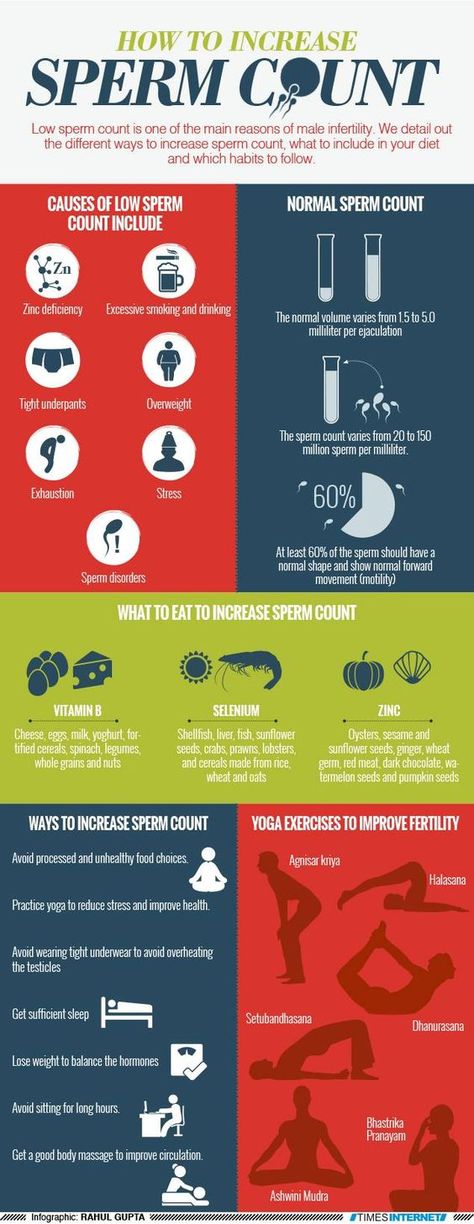 In another study published in PLoS One that was performed at Stanford University in California, anesthesiologists showed participants photos of their romantic partners or photos of attractive strangers, or asked them to engage in a word game. They found that looking at romantic partners significantly dulled the experience of pain. So even though you might think pain is a barrier to sex, consider this a sex benefit worth the time and effort: Take a moment to really look at your lover.
In another study published in PLoS One that was performed at Stanford University in California, anesthesiologists showed participants photos of their romantic partners or photos of attractive strangers, or asked them to engage in a word game. They found that looking at romantic partners significantly dulled the experience of pain. So even though you might think pain is a barrier to sex, consider this a sex benefit worth the time and effort: Take a moment to really look at your lover.
Other studies have found that women may get some relief from menstrual cramps through a good orgasm.
3. Less Stress and Lower Blood Pressure
Sex can help relieve stress by raising endorphins and other hormones that boost mood. As a form of exercise, it can also help calm you down. In addition, a Scottish study published in the journal Biological Psychology found that sexual activity prevents increases in blood pressure during stressful events. While this effect was more pronounced in people who had sex with penetration, nonpenetrative sex and masturbation can also help you stay serene.
4. Possible Reduction of Prostate Cancer Risk
A study published in December 2016 in the journal European Urology found that men who who ejaculate more than 21 times per month, compared with those who do so four to seven times times per month, were 20 percent less likely to develop prostate cancer. While more research is needed to confirm this link, it appears that men who ejaculate regularly may reduce their risk of prostate cancer.
5. Better Sleep With a Bonus: Increased Sexual Desire
According to the National Sleep Foundation, orgasms release the hormone prolactin, which can help you feel sleepy and relaxed. So don’t be too surprised if you and your partner doze off shortly after a satisfying session — and wake up feeling refreshed. This sleep connection also works in reverse: According to a study published in May 2015 in the Journal of Sexual Medicine, getting enough shut-eye can improve your sexual response and may increase the chance that you'll engage regularly in sex. Researchers discovered that when women slept for longer periods of time, they reported greater sexual desire the next day.
Researchers discovered that when women slept for longer periods of time, they reported greater sexual desire the next day.
6. Happier Mood and a Stronger Relationship
It’s no wonder you’ve got a more positive outlook after sex: There are biochemical rationales for experiencing improved mood as a sex benefit, from the neurotransmitters that may be released during healthy sex to the mood enhancers contained in semen itself. “And,” adds Dr. Caron, “there’s a lot to be said simply for the mood-boosting effect of having a nice connection with somebody that you trust and care about.”
Plus, your frisky play may result in a serious afterglow than can, in turn, help you bond better with your partner, according to a report published in March 2017 in the journal Psychological Science. In this study, which examined newlywed couples who kept a two-week sexual diary, researchers found that partners were satisfied for a full 48 hours after sexual activity. And those who were lucky enough to experience this afterglow went on to report more happiness in their relationship several months later.
7. Glowing, Younger-Looking Skin
That fabled "morning after" glow? It’s not just your imagination; you really do look better after having sex. “Sex even helps you look younger,” says Caron. That glow can be attributed to a combination of stress relief, better mood, and the flush of blood under your skin that’s a natural part of the arousal process.
Enjoying a healthy sex life is one of the great joys in life. Knowing intimacy could be a boon for your long-term health as well make it that much more pleasurable.
By subscribing you agree to the Terms of Use and Privacy Policy.
What Is Female Sexual Interest and Arousal Disorder? Symptoms, Causes, Diagnosis, Treatment, and Prevention
By Suzy KatzIs It Safe to Have Sex During Your Period?
Here's everything you need to know about sexual intimacy during that time of the month, from infection risk to birth control.
By Amy Kraft
What Are Uterine Fibroids? Symptoms, Causes, Diagnosis, and Treatment
By Lisa RapaportBDSM Role Play: How Does It Work?
Doctor and patient.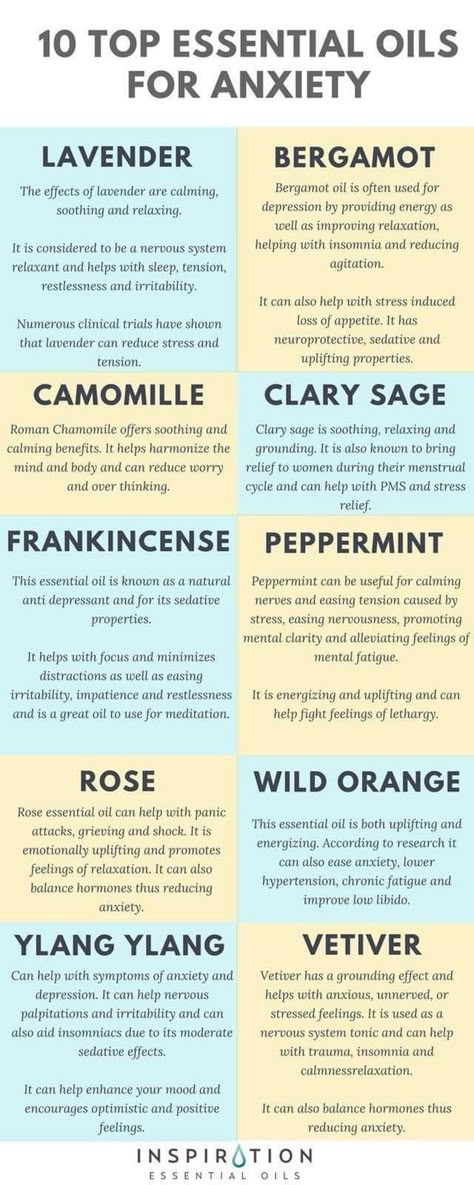 Master and slave. BDSM role play comes in endless varieties.
Master and slave. BDSM role play comes in endless varieties.
By Julie Lynn Marks
Get Ready for Sex Again
Great tips for getting back in the game when you haven’t been in a sexual relationship for a while.
By Beth Levine
Have the Most Satisfying Sex Possible
Are your orgasms more fizzle than sizzle? Here’s how to get to the next sexual level.
By Beth Levine
Healthy Sex: The Ultimate Guide
By Peg RosenSex Drive: What Your Libido Says About Your Health
While a change in your interest and desire for sex may signal a medical problem or side effect, it’s not considered a red flag. If you consider your libido...
If you consider your libido...
By Beth Levine
What Is BDSM? Fundamentals, Types and Roles, Safety Rules, and More
By Nuna Alberts, LCSW90,000 how sex affects the human body?Sex is, of course, nice. It has long been considered a cure for almost all diseases: from migraine to depression. Of course, not all ailments are cured with the help of a regular sexual life, but there are a number of pathologies and ailments that sex really helps to prevent.
Sex from problems with the cardiovascular system
The heart and blood vessels are among the first to experience all the advantages of a regular sexual life. Clinical studies compare sex to moderate physical activity, such as climbing a couple of flights of stairs or brisk walking. During such a “training”, the heart rate rises to 130 beats per minute, such an increase in the activity of the heart muscle can reduce the risk of a heart attack.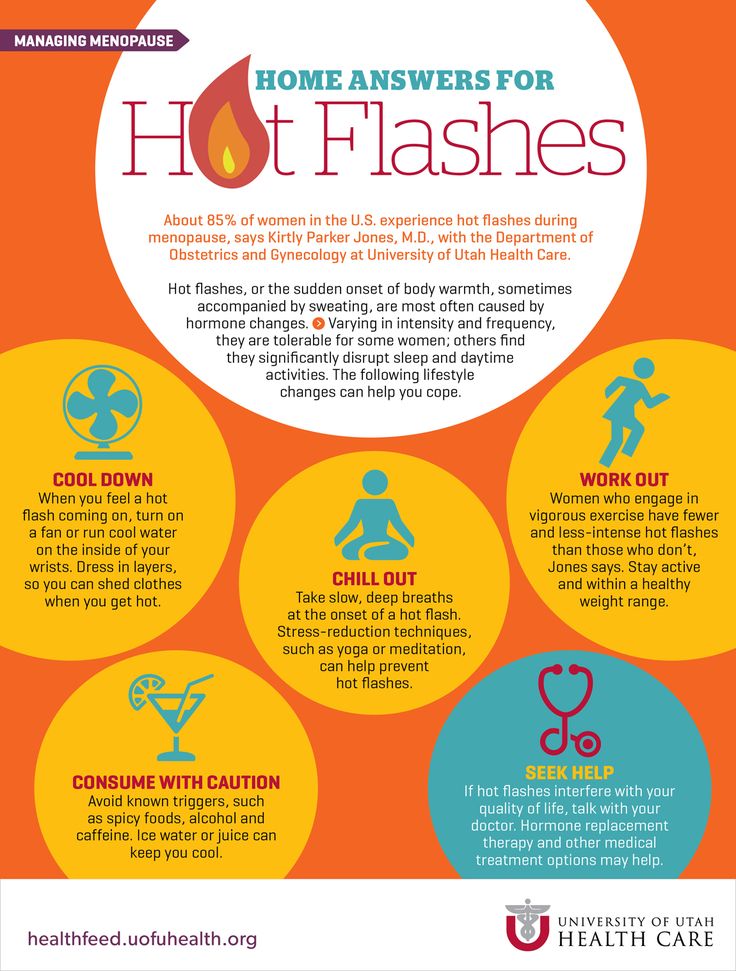 nine0007
nine0007
Regular physical activity also increases the production of nitric oxide in the human body. This substance promotes vasodilation, which improves the transport and absorption of oxygen by tissues, thus keeping them healthy and plastic.
Both empirical and theoretical studies on the effects of sexuality on cardiovascular health are still rare. Moreover, current empirical evidence on this topic is limited to small non-representative clinical or community samples. For example, Welsh Study 914 men aged 45-59 years, recruited between 1979 and 1983, showed that men with more frequent intercourse tend to have a lower risk of developing ischemic stroke and cases of coronary heart disease over a twenty-year follow-up period. Another study based on the same Welsh dataset shows that men who experience more orgasms have a lower risk of dying from coronary heart disease.
At the same time, there are some concerns that sexual activity can cause acute heart attacks, especially in patients with a history of cardiovascular disease.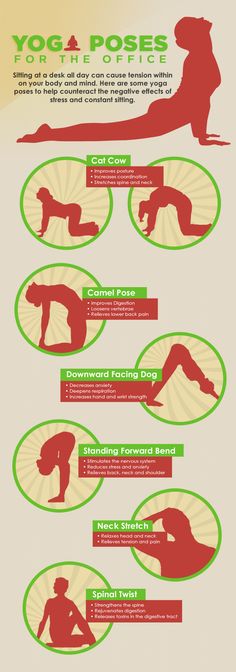 However, most clinical studies conclude that the triggering effect of sexual activity on acute heart attacks is minimal and can be reduced with regular exercise. nine0007
However, most clinical studies conclude that the triggering effect of sexual activity on acute heart attacks is minimal and can be reduced with regular exercise. nine0007
For stress and anxiety
Of course, sex does not affect the cause of stress and anxiety, but it helps to deal with the consequences and manifestations of these conditions.
Stress causes the sympathetic nervous system to metabolize glucose and provokes the release of stress hormones, in particular catecholamines and cortisol, which in turn leads to increased blood pressure and heart rate, rapid breathing and narrowing of blood vessels. This is the “fight or flight” state, a defense mechanism that we have inherited from our most ancient ancestors. Such a mode of combat readiness is needed for a short-term episode, but if stress becomes chronic, then gradually the regulatory mechanisms in the human body begin to wear out. Muscle strain, vasoconstriction lead to chronic conditions such as cardiovascular disease and hypertension.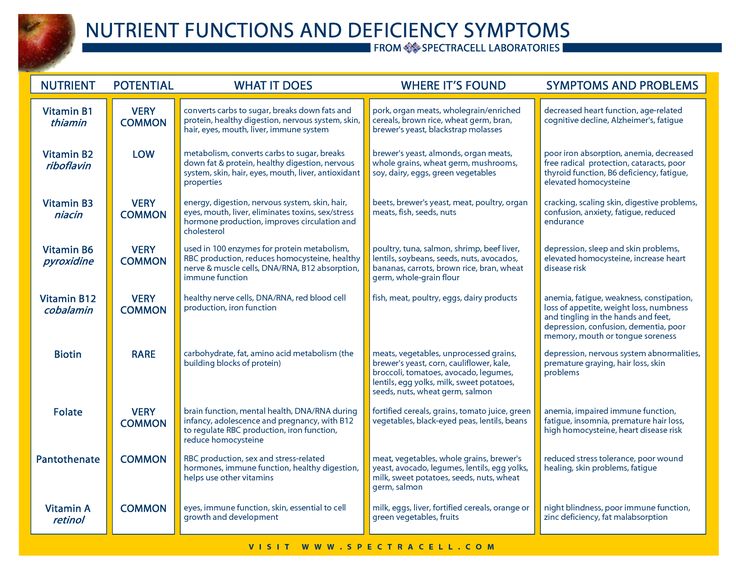 nine0007
nine0007
Clinical scientists say that exercise, including sexual activity, can help reduce stress hormones in both women and men (e.g., adrenaline, cortisol) and stimulate the production of endorphins, a natural mood booster. Sexual activity, especially orgasm, also triggers the release of oxytocin, which enhances social bonding and can help relieve stress, thereby improving cardiovascular health. nine0007
Orgasm not only instantly relieves stress, it also has a long braking distance in the form of increased mood, and also improves the quality of sleep
The effect of sex can also be manifested indirectly, practically without directly involving the nervous and endocrine systems. During physical and emotional intimacy, people feel more secure, more confident, they feel supported and accepted by a partner, which is one of the most important tools in defeating stress.
However, this does not mean that in any incomprehensible or stressful situation you need to lay your partner down and have sex with him, especially if neither you nor he wants to. Not all people are ready to indulge in love pleasures in a state of stress: for some it really helps to get distracted, switch and calm down, but if you are too immersed in stress and cannot concentrate on your partner, you better choose another practice to overcome anxiety.
Not all people are ready to indulge in love pleasures in a state of stress: for some it really helps to get distracted, switch and calm down, but if you are too immersed in stress and cannot concentrate on your partner, you better choose another practice to overcome anxiety.
Alexandra Ivanitskaya
7
Tags
#well-being
#erudition
Regular sex relieves stress and enhances the growth of nerve cells
American researchers have found that sex has a beneficial effect on the growth of nerve cells and reduces anxiety affects the growth of nerve cells and reduces anxiety.
Researchers from the Institute of Neurology at Princeton University conducted a series of experiments on rats and found that regular sexual activity has a beneficial effect on brain function. nine0007
According to an article published in the journal PloS ONE, there are 2 types of stress: positive and negative. Negative, as a rule, is associated with increased levels of anxiety and increases the risk of affective disorders.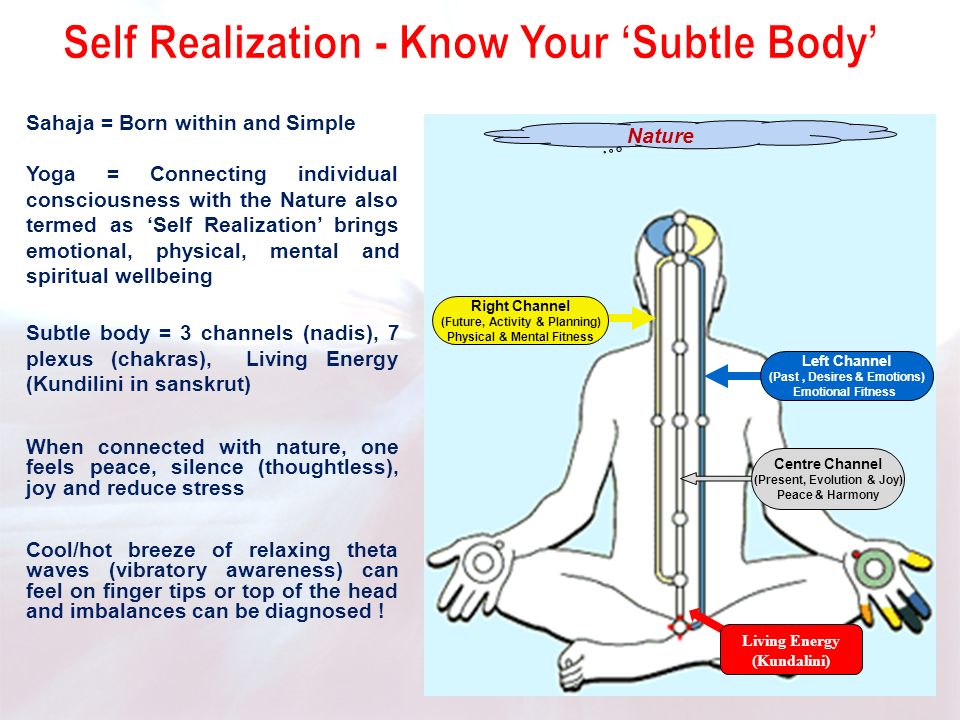 In addition, tension during negative stress suppresses neurogenesis in the brain (the formation of new nerve cells). Most of the effects of negative stress are realized by increasing the level of adrenal hormones - glucocorticoids - and stop when the level normalizes. In addition, there is positive stress that occurs, for example, during sexual activity. nine0007
In addition, tension during negative stress suppresses neurogenesis in the brain (the formation of new nerve cells). Most of the effects of negative stress are realized by increasing the level of adrenal hormones - glucocorticoids - and stop when the level normalizes. In addition, there is positive stress that occurs, for example, during sexual activity. nine0007
Scientists analyzed the effects of positive stress on neural activity and neurogenesis. For this, 2 groups of rats were selected, one of which escaped with females once a week, and the other daily. After that, the animals were placed in stressful conditions: driven through the maze and fed with unfamiliar food.
It turned out that the presence of acute positive stress (in males who had sex once a week) increased corticosterone levels and increased neurogenesis. At the same time, chronic positive stress (with daily sex) did not cause a further increase in corticosterone levels, but continued to further enhance neurogenesis.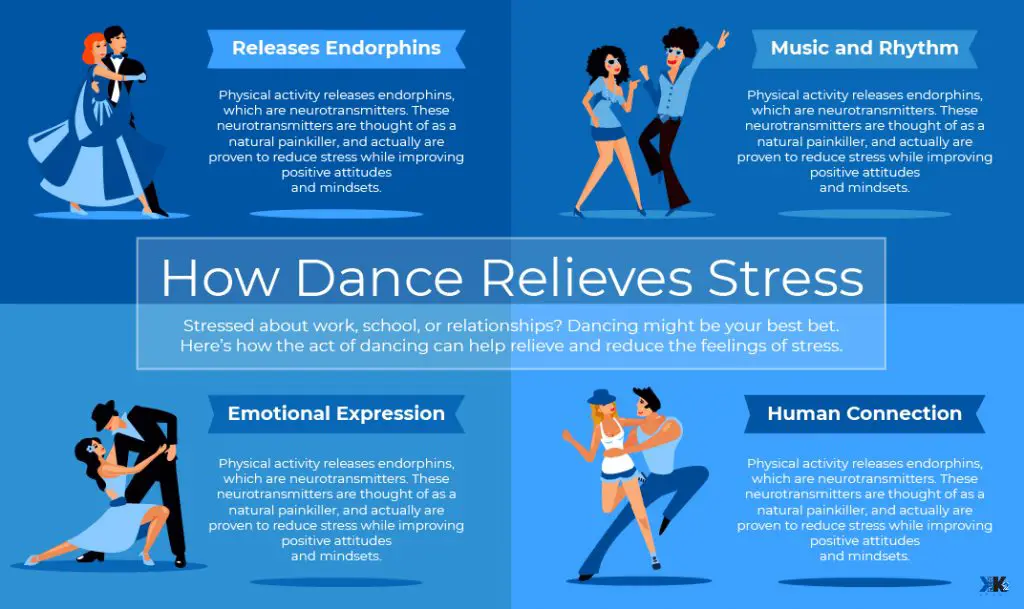 In practice, this was reflected in the fact that rats that had regular sex showed much less anxiety and performed better on all tasks of scientists. nine0007
In practice, this was reflected in the fact that rats that had regular sex showed much less anxiety and performed better on all tasks of scientists. nine0007
As reported to YUGA.ru, a stable, active and happy sex life helps not only to cope with excess weight and improve shape. Daily sex also improves sperm quality and makes sperm more active, prevents osteoporosis, heart attacks and prostate cancer, and stimulates gray matter cells in the brain. At the same time, the idea that each orgasm shortens a man's life, fortunately, turned out to be wrong.
In addition, sex is good for academic performance during the session, helps to feel safe and, in combination with drinking coffee and smoking cigars, increases life expectancy and protects the heart even after a heart attack. nine0007
At the same time, a variety of factors can influence a person's sexual activity. So, Australian scientists have found that the level of sexual desire in men directly depends on sunlight, and according to researchers from Israel, sexual desire or its absence can be embedded in the genes.